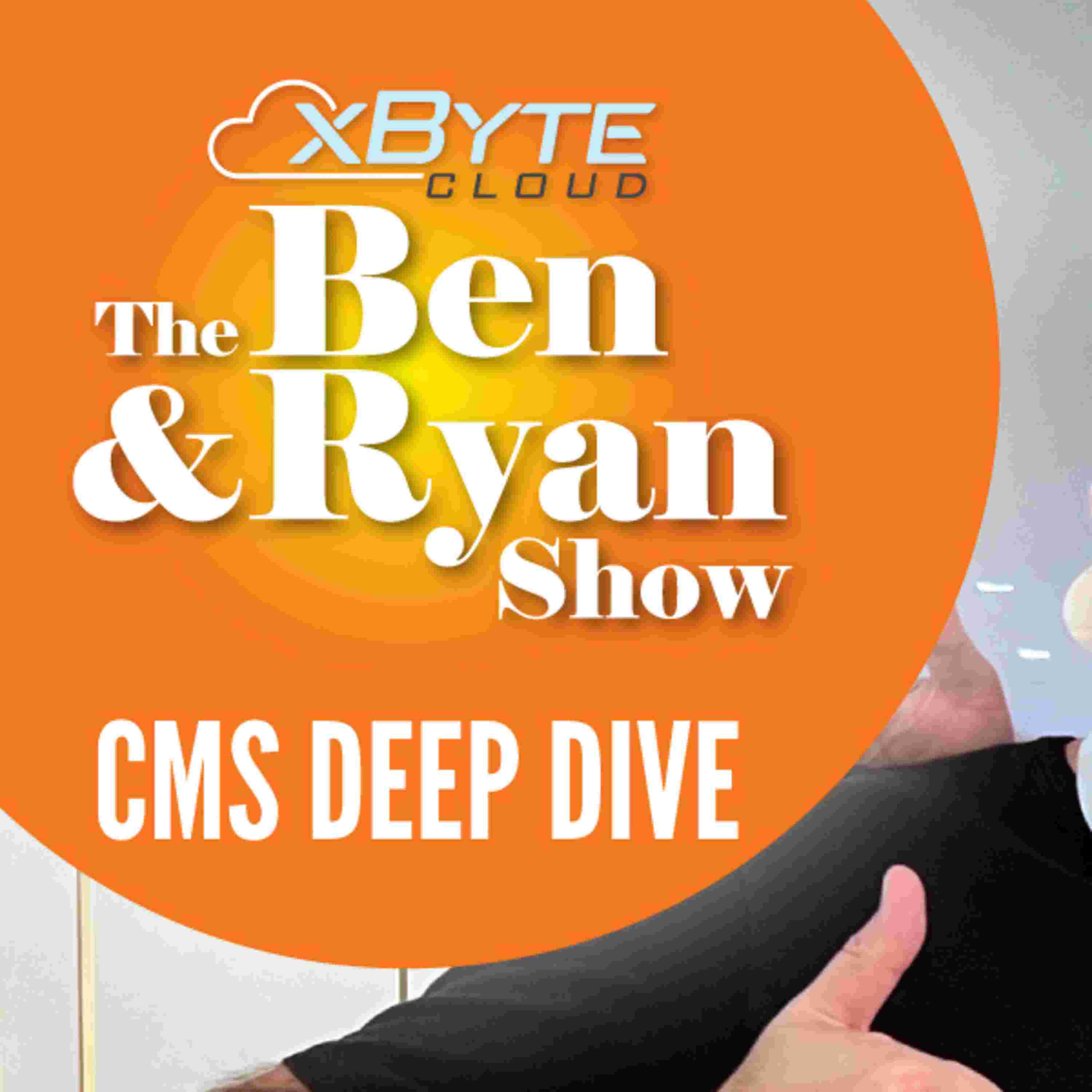

Ben and Ryan Show Episode 16
In this episode of the Ben and Ryan Show, hosts Ben Nadel and Ryan Brown are joined by guest John Nessim to explore the evolving world of content management systems (CMS). With his deep development background and years of practical experience, John dives into everything from traditional platforms like WordPress to advanced headless CMS solutions, offering valuable insights into when and why to choose different tools for your website.
Key Points:
• CMS platforms have evolved to balance user-friendliness with developer control, from WYSIWYG editors to headless solutions.
• WordPress dominates the market but can be bloated and vulnerable if not managed properly.
• Headless CMS options like Strapi and Sanity allow for greater flexibility, scalability, and multi-platform content distribution.
• Accessibility enhancements not only improve user experience but also deliver measurable SEO benefits.
• Choosing the right CMS depends on business maturity, scalability needs, and how content is consumed and maintained.
Definition and purpose of a CMS
• The key function of CMS is to give control over content to non-developers.
• Static site generators may not qualify as CMS unless they include content creation tools.
• CMS evolved from managing unstructured text to structuring rich data like events and services.
• Headless CMS is described as content blocks managed separately from the front-end template.
Headless CMS
• Headless CMS organizes content in blocks delivered via APIs (usually JSON/XML).
• WordPress now supports headless modes using technologies like React or Next.js.
• Hosting implications include managing the CMS separately from front-end deployment.
• Businesses are leaning toward this model to support multiple front-ends like web, mobile, and embedded apps.
Traditional CMSs
• Website builders are constrained but easy-to-use tools for non-technical users.
• WordPress is a middle ground—flexible, extensible, but prone to bloat and plugin issues.
• Mura and its fork MASA are powerful ColdFusion-based CMSs used for multi-language and multi-site setups.
• Custom or niche CMSs still hold value in developer-friendly ecosystems.
Accessibility
• Structured content (headings, alt tags) improves screen reader compatibility and SEO.
• Color contrast and readability considerations enhance inclusivity and usability.
• SEO and accessibility goals often align, especially with structured markup.
• Tools and plugins can measure and enforce accessibility standards effectively.
WordPress
• WordPress’s popularity makes it a target for bots and DDoS attacks.
• CMS platforms can become resource-intensive without proper caching and security measures.
• Best practices include Cloudflare protection, selective plugin usage, and admin page hardening.
• WordPress was never intended for large-scale, mission-critical systems.
Picking a CMS
• Simpler businesses should stick with GoDaddy or WordPress for cost-effectiveness.
• Growing companies may outgrow WordPress and require more robust headless CMSs.
• Business use cases should dictate the CMS—static presence, lead generation, e-commerce, etc.
• Costs, flexibility, and developer availability all factor into CMS choice.
Final Thoughts
• AI-driven tools like Wix’s website generator disappoint in quality without developer oversight.
• Advanced AI tools can accelerate site creation when paired with knowledgeable devs.
• CMSs need to consider future-proofing against evolving SEO rules and AI-driven content indexing.
• John offers real-world examples of using simple tools effectively based on client needs.
Useful Links